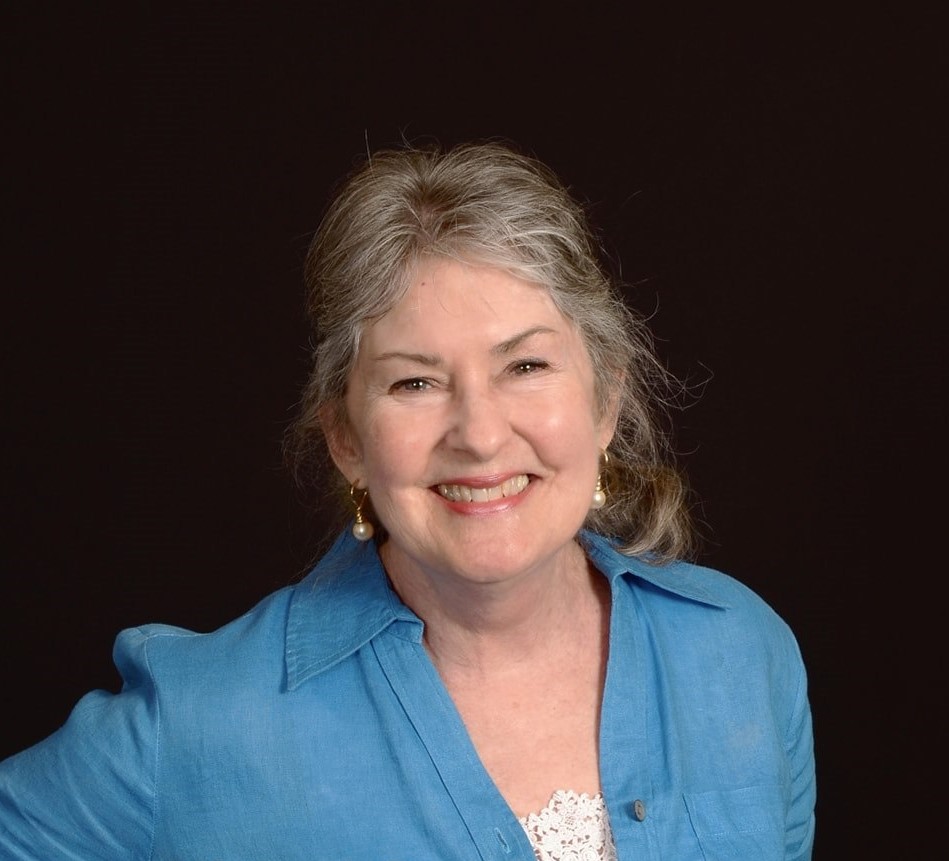Sandra Hannum watched her 70-year-old mother struggle after a brain tumor affected her speech.
“She never had much of a chance to say what she wanted, except she wanted to die at home,” Hannum said.
 Now 76, Hannum said her loved ones know exactly what her wishes are when it is time to make some difficult life or death decisions thanks to the free Advance Care Planning appointments offered to patients at Carle.“We both decided this would be a gift to our family,” Hannum said, adding that she and her husband read much about end-of-life planning before putting their paperwork in order.
Now 76, Hannum said her loved ones know exactly what her wishes are when it is time to make some difficult life or death decisions thanks to the free Advance Care Planning appointments offered to patients at Carle.“We both decided this would be a gift to our family,” Hannum said, adding that she and her husband read much about end-of-life planning before putting their paperwork in order.
Seeing a family member die earlier this year from COVID-19 reinforced her decision. “It does not hurt to start planning when you are younger,” she said.
Carle has 85 employees trained as certified facilitators who can help bring up the topic to other family members. Patients who are 50 or older may be asked during routine appointments if they would like to meet with a facilitator to learn how to designate a power of attorney for healthcare and how to make their wishes known.
“For example, a patient could say to their family, ‘I have been thinking a lot about what I would want if I became seriously ill,’” Jeanny Douglas, RN, who oversees the program, said. “Sharing your wishes with family generally turns out to be one of the greatest gifts you can give.”
The coronavirus pandemic can help jump start these crucial conversations with family members, but trust that you know your family and how and when a conversation may work best, Douglas said. If it does not go well, then you can wait for a different setting, she said.
Carle’s Advance Care Planning appointments include asking patients to reflect on whether they have considered their healthcare choices should they no longer be able to enjoy what they enjoy in life, what traits their healthcare power of attorney should have and whether they are confident that person could carry out their wishes. It is a low-pressure discussion designed to allow individuals the time to think about their options. So far, about 72 percent of those who meet with a facilitator complete the paperwork.
Jen Burt, LPN at Carle Danville on Fairchild, said she wanted to become a certified facilitator based on her personal experience of not being able to have a say when a family member suddenly died at the age of 40. “People are getting peace of mind knowing their wishes are carried out,” she said. “We would rather have that conversation when things in your life are stable.”
In Illinois, there is a surrogacy law that outlines who makes end-of-life decisions if there is no designated power of attorney for healthcare. It could be a guardian, a spouse, or if no spouse, all adult children would be contacted to make care decisions for a parent.
“Having these conversations in advance often reduces some of the overwhelming stress at the bedside and it may ease difficult family dynamics,” Douglas said.
To learn about Advance Care Planning and how to add your directives to your medical record, visit, carle.org/ACP.
Watch a video of Dr. Napoleon Knight as he talks about how he shares his wishes with family.
Categories: Community
Tags: Attorney, Choices, Healthcare, Living, of, Power, Will
